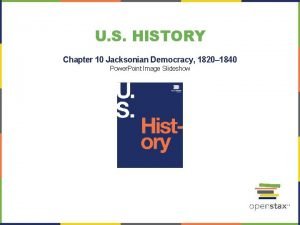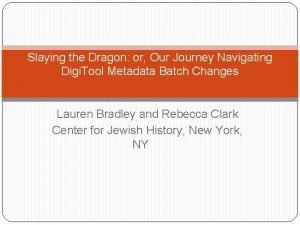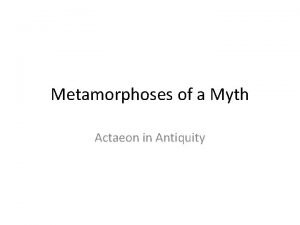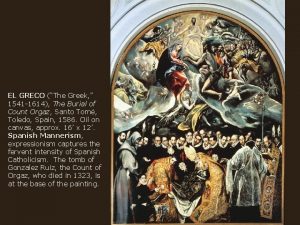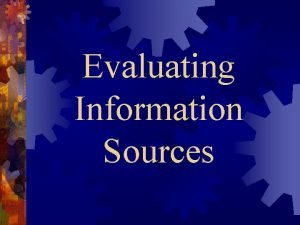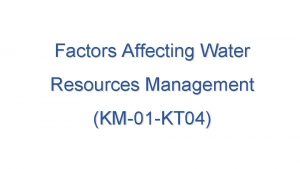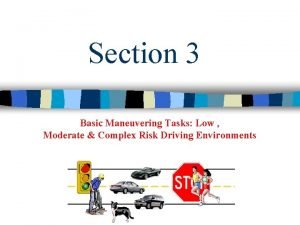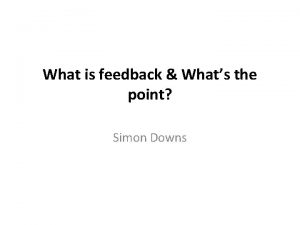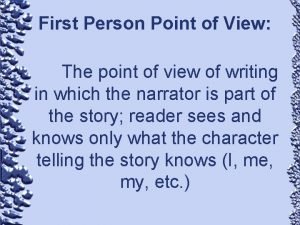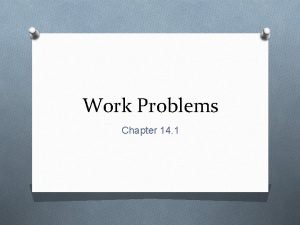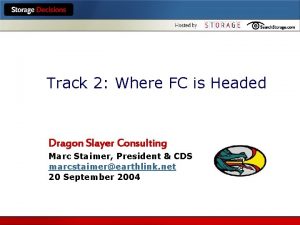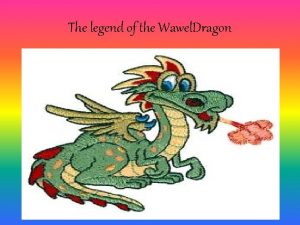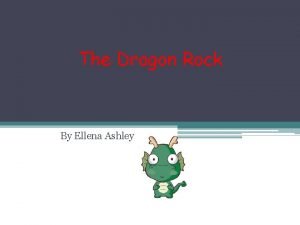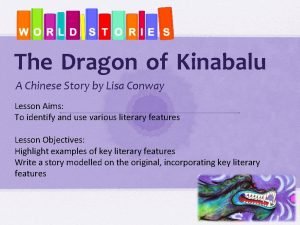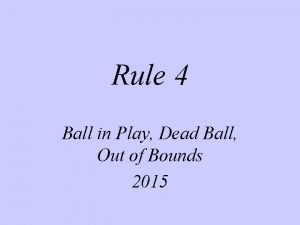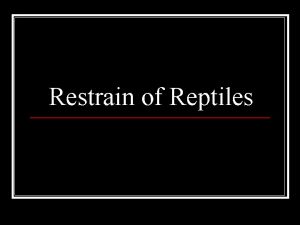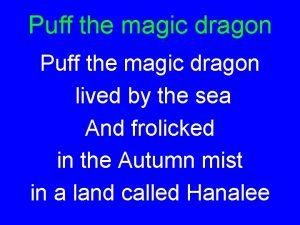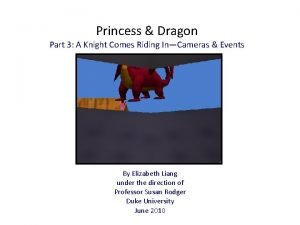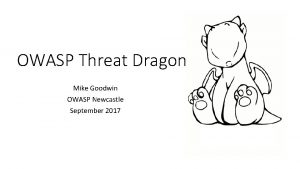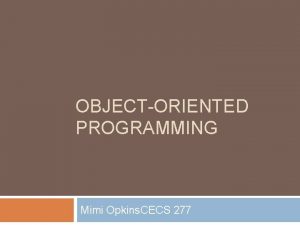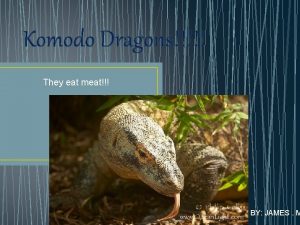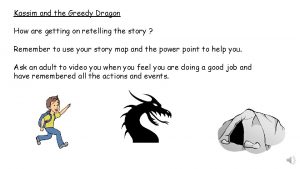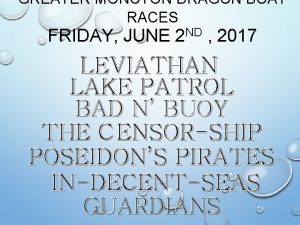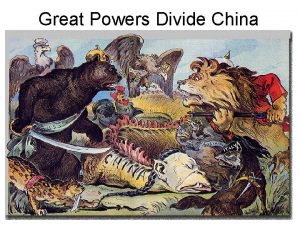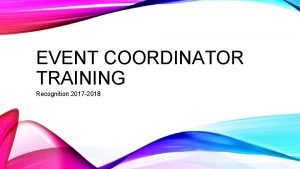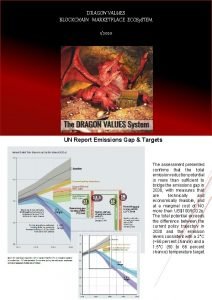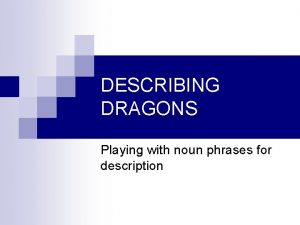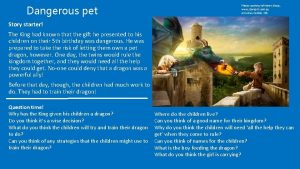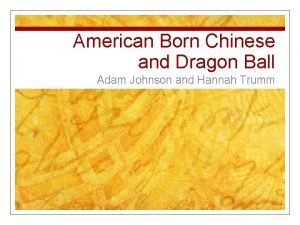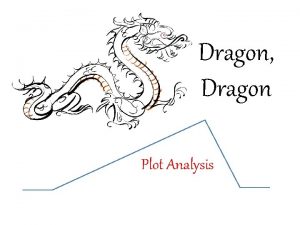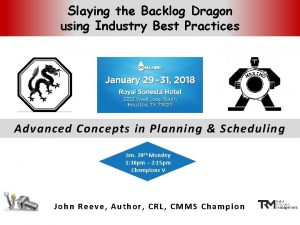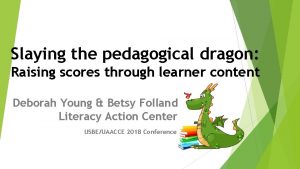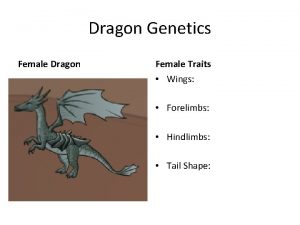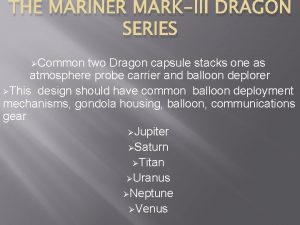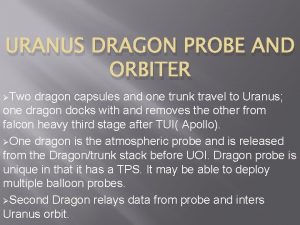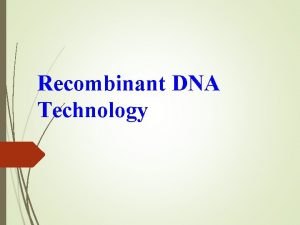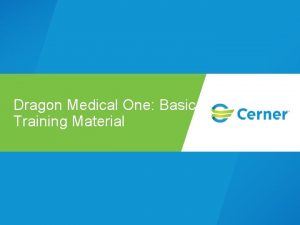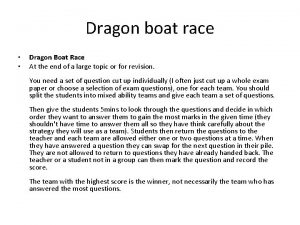Slaying the Dragon Whats the point of sources



































- Slides: 35


Slaying the Dragon What’s the point of sources in the new narrative history? Andrew Payne Head of Education & Outreach The National Archives

Using your historical knowledge… 1. Sort the 7 sources on your desks into chronological order 2. Label each source with an approximate date 3. Label each source with a likely provenance 4. What narratives could these sources tell? 5. We’ll see how you did later… 3

Trendy teaching is ‘producing a generation of history numbskulls’ 2 nd July 2009 4

“We are looking at a whole generation that knows almost nothing about the history of their country. ” Prof. Derek Matthews Cardiff University, July 2009

“Historical ‘skills’ such as source analysis, they argued, should be elevated above mere factual knowledge. ” Niall Ferguson The Guardian, March 2011

“I think far too much is given up to the analysis of source material” Ken Baker Historical Association Public Debate, July 2010

“Children should not work with sources” Chris Skidmore, MP Building a Better History Curriculum, October 2010

“The facts, dates and narrative of our history in fact join us all together. ” Nick Gibb, Schools Minister Reform Conference Speech, July 2010

“Few fifteen year olds are able to map the past. ” ? ? ?

More than just a Daily Mail rant… “What has not been attempted in Britain is to teach pupils how to handle the past as a whole. In consequence few fifteen year olds are able to map the past; even fewer can offer a coherent narrative; and virtually none can conceive of anything more subtle than a single ‘best’ narrative. ” Denis Shemilt The Caliph’s Coin Knowing, Teaching and Learning History New York University Press 2000 11

Narrative supports understanding “Unless people are able to locate knowledge within narrative frameworks which link past with past and past with present, the uses that are made of history will range from the impoverished to the pernicious. ” Denis Shemilt The Caliph’s Coin Knowing, Teaching and Learning History The American History Association 2000 12

Useful Teaching History Articles 1. Ian Dawson (2005) ‘Time for Chronology? Ideas for developing chronological understanding’ Teaching History 117 2. Jonathan Howson (2007) ‘Is it the Tuarts and then the Studors or the other way round? The importance of developing a usable big picture of the past’ Teaching History 127 3. Ian Dawson (2008) ‘Thinking across time: planning and teaching the story of power and democracy at Key Stage 3’ Teaching History 130 4. Rick Rogers (2008) ‘Raising the bar: developing meaningful historical consciousness at Key Stage 3’ Teaching History 133 13

But will teaching Historical narrative help you pass the Matthews Test?

Memory is the residue of thought “Your memory is not the product of what you want to remember or what you try to remember; it’s the product of what you think about” Daniel T. Willingham Why Don’t Students Like School Jossey-Bass 2009 15

ἱστορ-ία = enquiry = sources “Children should not work with sources” Chris Skidmore, MP

Sources vs Narratives Is it really a zero-sum battle? 17

Sources vs Narratives Is it really a zero-sum battle? Not if students create the narrative 18

Writing narrative is no mean feat

Engage Prior Understanding (or Ignorance) “Students come to the classroom with preconceptions about how the world works. If their initial understanding is not engaged, they may fail to grasp the new concepts and information…” Suzanne Donovan & John Brandsford How Students Learn p. 1 National Academies Press 2005 20

Using prior understanding to underpin source-based narrative tasks with students 1. What’s the Story? o Explanatory narrative based on a small number of related sources 2. Predicting the narrative source o Making predictions about the content of a narrative account to test against its actual content 3. Predicting the Grand Narrative o Hypothetic narratives based on a range of sources to test and review during the course 4. Testing the Grand Narrative o 21 Validating and challenging Ferguson/Schama/Starkey with a range of sources

Here’s a little narrative… T 70/1213 A Journal of a voyage to New Calabar in the ship the Arthur, Captain Robert Doegood Commander. An the account of the Royal African Company of England of all actions & transactions from Gravesend to New Calabar & from thence to the Island of Barbados, our port of discharge December The 5 th 1677 Signed: George Hingston www. nationalarchives. gov. uk/slavery/learn-more. htm

Engage Priory Understanding 23

Predict the Journey of the Arthur 1. Mark the departure of the Arthur from Gravesend – 5 am Wednesday 5 th December 1677 2. Mark predictions on your calendar for the following: a. How long it took to get to New Calabar b. How long was spent trading around the West African coast c. How long it took to cross the Atlantic to Barbados d. The date of arrival in Barbados e. Time to disembark all Africans and materials 24


Predict the Journey of the Arthur 3. Add predictions for key events during the voyage to New Calabar a. Weather b. Sightings c. Encounters 4. Add predictions for key events whilst in West Africa a. Weather b. Encounters with Africans – friendly, hostile? c. What was traded and how? d. Problems/difficulties/dangers for Africans? For crew? 26

Predict the Journey of the Arthur 5. Add predictions for key events whilst crossing the Atlantic a. Weather & encounters b. Problems/difficulties/dangers for Africans? For crew? 6. Add predictions for key events on arrival in Barbados a. Activities /problems 7. Predict the following a. Total number of Africans transported b. Total number of African deaths c. Total number of crew deaths 27

Step 2 – test your predicted narrative against the real narrative Investigate the Journey of the Arthur 1. Skim the transcript looking for factual details to support or counter your predictions 2. Mark the factual details on the second calendar 3. Compare the two calendars and score your accuracy of predictions from 1 (poor) to 5 (excellent) 4. What did you accurately predict? 5. What did you partly predict? 6. What did you not predict at all? 7. Do you find anything surprising or shocking about the journey of the Arthur? 8. What would you like to investigate further? 28

Voyage of the Arthur • • • Departs Gravesend Wed 5 Dec 1677 Arrives New Calibar Sun 10 Feb 1678 (9½ weeks) Cruises West African coast to Sun 14 Apr 1678 (9 weeks) Departs Cape Lopez Mon 15 April 1678 Arrives Bridgetown, Barbados Wed 22 May (6 weeks) Hingston leaves ship Sat 1 Jun (1½ weeks) • Total Africans Transported – 374 • Total Africans Died – 82 • Total Crew Died - 3 29

Are you a Harvard Prof or a History Numbskull? 1. Document D - Magna Carta, third issue of Henry III 1225 Cat ref: DL 10/71 2. Document A - Cambridgeshire roll of indictments 1381 Cat ref: JUST 1/103, m. 5 3. Document G - The Grand Remonstrance 1641 Cat ref: SP 16/486 4. Document C - The Olive Branch Petition 1775 Cat ref: CO 5/76 f. 256 5. Document E - Minutes of 'Loyal Britons' meeting 1793 Cat ref: HO 42/27, no. 625 6. Document B - John Stuart Mill 1871 Cat ref: PRO 30/69/1834 7. Document F - Harold Wilson to Terence O'Neill 1968 Cat ref: PREM 13/2841 30

Helping students to map the past 1. What narratives could you write from your 7 sources? 2. How could these narrative help students map the past? 3. Could these help students appreciate ‘polythetic’ narratives? 4. Could students refine the narratives over time to help them record their own progression? 31

Find out more at… www. nationalarchives. gov. uk/education

Copy 1 /70 f. 8 33

Andrew Payne Head of Education The National Archives andrew. payne@nationalarchives. gsi. gov. uk 020 8392 5319 www. nationalarchives. gov. uk/education

 General jackson slaying the many headed monster
General jackson slaying the many headed monster Slaying dragons destiny 2
Slaying dragons destiny 2 Actaeon
Actaeon Judith slaying holofernes
Judith slaying holofernes Dragon dragon john gardner
Dragon dragon john gardner Gardner dragon
Gardner dragon Print and web sources
Print and web sources The importance of water resources
The importance of water resources Whats hot whats not
Whats hot whats not How to do a three point turn
How to do a three point turn Pendleton feedback model 1984
Pendleton feedback model 1984 Whats first person point of view
Whats first person point of view A 45n girl sits on a 8n bench
A 45n girl sits on a 8n bench Dragon slayer consulting
Dragon slayer consulting Wawel dragon legend
Wawel dragon legend Dragon rock story
Dragon rock story Dragon of kinabalu
Dragon of kinabalu What does the glaucus atlanticus eat
What does the glaucus atlanticus eat Dragon ball rule 4
Dragon ball rule 4 Bearded dragon restraint
Bearded dragon restraint Puff the magic dragon live by the sea
Puff the magic dragon live by the sea Komodo dragon finishing move
Komodo dragon finishing move Owasp dragon
Owasp dragon The fire dragon species implements the reptile interface
The fire dragon species implements the reptile interface Komodo dragon meat
Komodo dragon meat Kassim and the greedy dragon
Kassim and the greedy dragon Dragon boat race moncton
Dragon boat race moncton Great powers divide china
Great powers divide china Food chain sample
Food chain sample Pororoca dragon ball
Pororoca dragon ball Dragon link drexel
Dragon link drexel Dragon values
Dragon values London dragon boat festival
London dragon boat festival Description of dragons
Description of dragons Pobble 365 dragon
Pobble 365 dragon Dragon ball chinese food
Dragon ball chinese food
